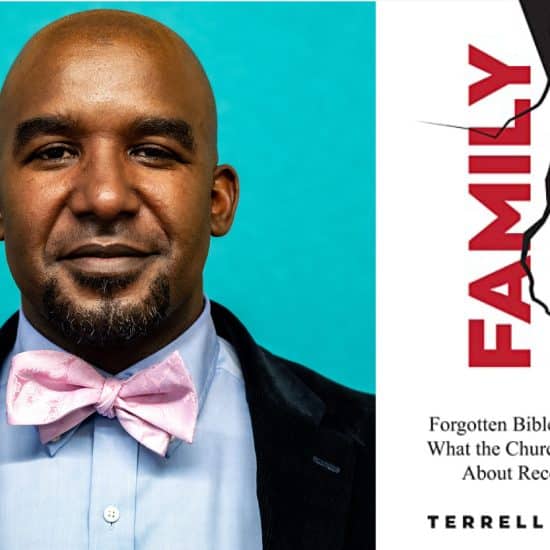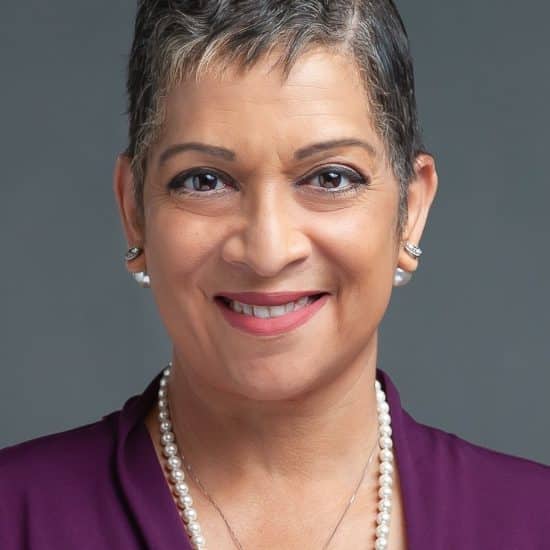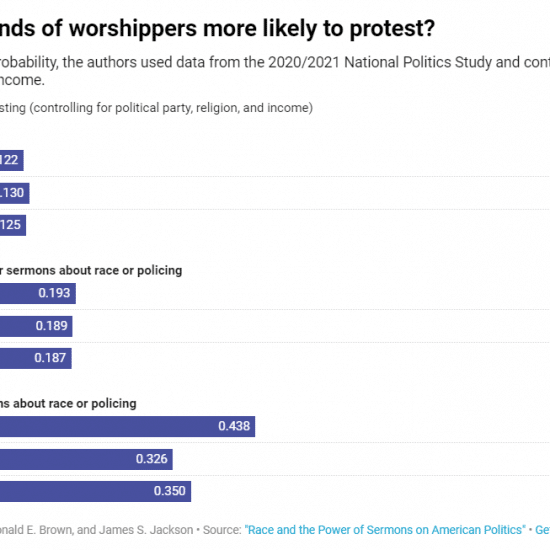WASHINGTON (ABP) — President Obama’s latest Supreme Court nominee has an exceedingly thin paper trail on some of the legal questions most important to people of faith. But one thing is clear if Solicitor General Elena Kagan is confirmed to fill retiring Justice John Paul Stevens’ seat: For the first time in American history, no Protestants will sit on the nation’s highest court.
Obama formally nominated Kagan — who has served for the past year as the government’s chief advocate before the high court — May 10. “Elena is widely regarded as one of the nation’s foremost legal minds,” he said, adding that his nominee is “an acclaimed legal scholar with a rich understanding of constitutional law” who has demonstrated “a lifelong commitment to public service and a firm grasp of the nexus and boundaries between our three branches of government.”
But her unusual record for a modern-day Supreme Court nominee — she would be the first nominee without any prior experience as a judge placed on the court in nearly 40 years — leaves little record to comb for her views on many legal questions.
Among them are issues particularly important to people of faith that are likely to come before the court during her term. Kagan, at age 50, would become the youngest justice, and could conceivably serve for four decades or more.
Her previous experience in academia, in the Obama and Clinton administrations and as a clerk to late Supreme Court Justice Thurgood Marshall only provides a few clues as to her views on thorny questions around church-state separation, abortion rights and gay rights.
Separation of church and state
Most recently, Kagan argued in favor of government efforts to protect a cross on federal land in California’s Mojave Desert. Lower federal courts ruled against display of the cross and Congress’ attempts to protect it, but a splintered Supreme Court recently decided in the cross’s favor.
However, the case may not offer any clue to Kagan’s personal views. Obama’s Justice Department inherited the case from the previous Bush administration. And the solicitor general’s job is to defend laws and government policies from legal attacks — even in cases in which he or she may personally disagree with the government’s legal position.
Another possible hint at Kagan’s church-state views lies in a memo she wrote in 1987, when she was clerking at the high court for Marshall. In a case regarding the Adolescent Family Life Act, Kagan suggested that providing certain funds — such as for discouraging teenage pregnancy — to religious groups under the law would violate the Establishment Clause, the part of the First Amendment that prevents government support for religion.
“It would be difficult for any religious organization to participate in such projects without injecting some kind of religious teaching,” Kagan wrote. “The government is of course right that religious organizations are different and that these differences are sometimes relevant for the purposes of government funding. The government, for example, may give educational subsidies to religious universities, but not to parochial schools. But when the government funding is to be used for projects so close to the central concerns of religion, all religious organizations should be off limits.”
However, during her Senate confirmation hearing for the solicitor general position last year, Kagan retracted the views she had articulated 22 years before.
“I first looked at that memo, thought about [that] memo for the first time in 20 years I suppose just a couple of days ago when it was quoted on a blog post. And I looked at it and I — I thought, ‘That is the dumbest thing I've ever heard,’” she said, in response to a question from Sen. Arlen Specter (D-Pa.).
Sen. Jeff Sessions (R-Ala.) asked her to elaborate further on the memo in written material she provided to the Senate Judiciary Committee. She said she believed her original view “was deeply mistaken” and that it now appears “utterly wrong to me to say that religious organizations generally should be precluded from receiving funds for providing the kinds of services contemplated by the Adolescent Family Life Act.”
Gay rights, abortion
Kagan, who served as dean of Harvard Law School before becoming solicitor general, briefly banned military recruiters from using the school’s main student-recruitment office because of the Pentagon’s policy against allowing gay soldiers and sailors to serve openly in the armed forces.
Her colleagues at many of the nation’s other top-tier law schools took similar actions at the time. She also signed on to a friend-of-the-court brief opposing an effort by Congress to force law schools to accept the recruiters.
“I believe the military's discriminatory employment policy is deeply wrong — both unwise and unjust,” she said in a 2005 memo to Harvard Law students and staff. “And this wrong tears at the fabric of our own community by denying an opportunity to some of our students that other of our students have.
“The importance of the military to our society — and the great service that members of the military provide to all the rest of us — heightens, rather than excuses, this inequity.”
The case made its way to the Supreme Court, which ultimately ruled in favor of the military recruiters. Kagan, along with other law-school deans around the country, changed their policies in response.
Nonetheless, in answers to the Senate Judiciary Committee during her 2009 confirmation hearing, Kagan said she said she would defend the statute forcing the law schools to allow military recruiters on campus. She also said that there was no federal constitutional right to same-sex marriage and that she would argue to uphold federal laws — such as the Defense of Marriage Act — gay-rights activists opposed as long as there was a rational legal basis for doing so.
On abortion, Kagan has said little that is public knowledge. In her confirmation hearing, she allowed only that she would respect court precedent when it came to abortion rights.
Religious conservatives denounce Kagan
Conservative religious groups started denouncing Kagan May 10, presuming that she will rule in favor of abortion rights and gay rights if confirmed to the court. Family Research Council President Tony Perkins issued a statement calling her “a hard-left activist” because of her actions and statements on the military’s ban on openly gay service. The anti-abortion group Operation Rescue called her another in a line of “radical liberal pro-aborts” that Obama has nominated to the federal courts.
Groups that support strong church-state separation, meanwhile, have been cautious in their assessment of the nominee, urging only that the Senate investigate her views on the First Amendment’s religion clauses closely.
The Baptist Joint Committee for Religious Liberty issued a statement saying they will be investigating Kagan’s record more closely and calling on her to protect both halves of the First Amendment’s religion clauses — the Establishment Clause and the Free Exercise clause — equally.
“I hope the nominee incorporates Justice Stevens’ appreciation for the Establishment Clause, but with a more robust vision for the protections afforded by the Free Exercise Clause and the First Amendment doctrine that ensures the autonomy of religious organizations,” said BJC General Counsel Holly Hollman.
No more Protestants
If Kagan, who is Jewish, is confirmed to fill Stevens’ seat, it will be the first time in American history that the Supreme Court has not had a single representative from the nation’s largest religious group — Protestant Christians. She will join fellow Jewish justices Ruth Bader Ginsburg and Stephen Breyer and the six Catholic justices.
While the Court was overwhelmingly Protestant for most of American history, many legal scholars have argued that the lack of a Protestant on the court won’t mean it will lack views informed by Protestant theology or history.
“Americans view religion through a lens which dissenting Protestants of the English-speaking world pioneered in the 18th and 19th century,” wrote Razib Khan for a Discover magazine blog shortly after Stevens announced his retirement.
“This means that on the coarse level you can’t tell much about a person when you find out they are Protestant or Catholic,” Khan continued. “Their views range across the full arc of American public opinion and their conception of what their religious tradition entails is going to be strongly inflected by their politics. Social-justice Protestants and Catholics arguably share much more with each other than with their more conservative or traditionalist co-religionists.”
-30-
Robert Marus is managing editor and Washington bureau chief for Associated Baptist Press.
Related ABP stories:
Church-state advocates urge strong successor for Stevens (4/9/2010)
Supreme Court gets technical in arguments on Mojave cross (10/7/2009)






